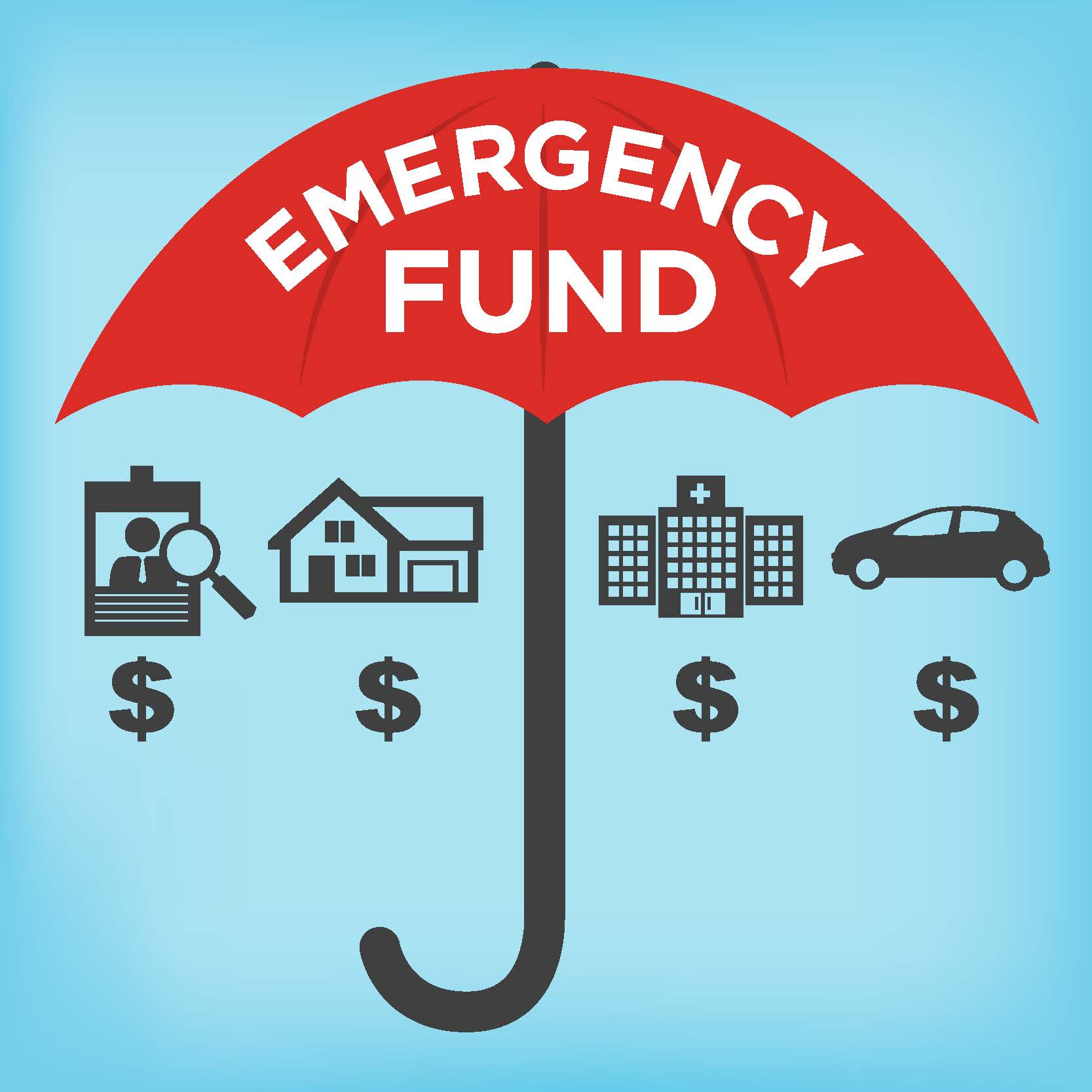Thus, it turned out that life can never be predictable, which Is why financial planning for emergencies is vital to avoid future financial insecurity. Hence, setting up of a reserve fund in the US is one of the pillars of protecting your funds.
It is always wise to have a reserve fund since the money comes in handy in incidences that were not planned for in the budget. This blog post would therefore seek to discuss on how one can establish an emergency, the importance of doing so and how one can sustain the same.
Understanding the Importance of a Reserve Fund

An emergency fund serves as an additional source of income needed to cater for such mishaps as loss of a job, an illness, or need for a new car or even a house roof. Such funds assist you in abstaining from pestering debts since you will not be using credit cards or any loans to fulfill your expenditures.
At the same time, a reserve fund can become the key to avoiding stress and anxiety during challenging periods. You can work on eradicating the emergency without having to worry about the regulations on financial issues.
It is therefore advised by most financial gurus that you set aside a reserve fund that equals to between three to six months of your costs. This amount can be different in time depending on certain parameters and obligations according to some people’s conditions.
How to Start Building Your Emergency Fund
The accumulation of money for the formation of a reserve fund seems to be a rather challenging task, and nevertheless, it starts with the first dollars and dimes. First, estimate your fixed and variable expenses so that you can determine the amount of money that will be possible to save monthly.
To create the path, it is necessary to set a goal for your fund. Although, target varying from $500, $1000, to three months of personal expenses will go a long way in encouraging and enhancing the achievement of the desired financial goal.
This may be a way of automating your savings by transferring some amount from the checking account to the emergency fund account regularly with no much stress.
Where to Keep Your Reserve Fund
This means that the selection of the right place to have emergency savings should be done properly. Your fund should be easily retrievable to solve the emergencies but should not be that easy to be reached to spend on other unnecessary things.
One suggestion could be to open a high-yield savings account. These accounts provide a higher percentage of yields compared to the norm savings accounts; yet they provide funds with some level of flexibility to grow.
However, if risk is of Concern a money market account may be ideal. These accounts frequently offer better interest rates than a traditional checking account and can have or limited check cashing options as well as absorption and expansion.
Maintaining and Growing Your Reserve Fund
Subsequently, the sustenance and periodically review of the emergency fund that has been prepared assures the ability of being financially ready for relevant calamities.
Contribute to it on a monthly / weekly / daily basis depending on flexibility and the type of expenses incurred, and always check whether there are any changes in the expenses that were not possible before.
Ensure you fund the common emergency account afterwards so that you are ready for the next incident. It should also be noted that one has to be very consistent with the instincts as well as preservation of the financial safety net.
Adjusting Your Fund as Life Changes
Transitional special events such as marriage, having children and purchase of homes are some of the life transitions that may alter a person’s financial status. In most cases, it is crucial to review the fund from time to time in order to meet the new objectives.
It may also be necessary to adjust the strategies and targets of your savings and the monthly contributions towards this goal in accordance with new life circumstances and the assumed roles. Thus, the fund will continue to provide you with the needed guarantee that is necessary in practice.
If necessary in their specific case, one might consult with a financial advisor. They can also give sound advice on how to cope with major life occurrences without depleting your emergency fund or how to preserve one when the need arises.
Staying Disciplined and Avoiding Dipping Into Your Fund
Your reserve fund is specifically for emergencies, so it’s vital to resist the temptation to dip into it for non-essential expenses. Create a separate account for discretionary spending or large planned purchases to avoid compromising your financial safety net.
Remember, the discipline you exercise today in maintaining your reserve fund will pay off in financial security and peace of mind during unforeseen events.

